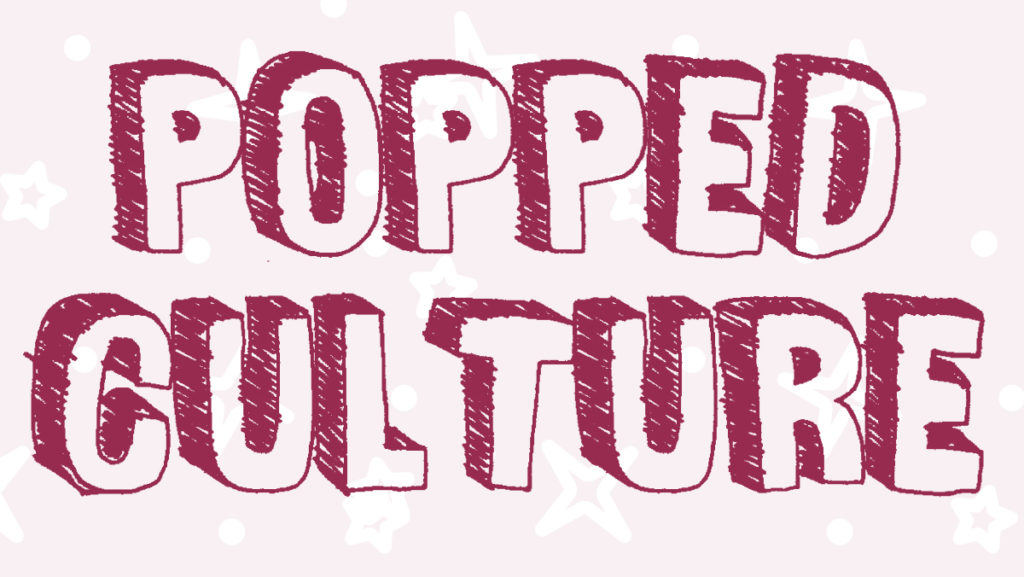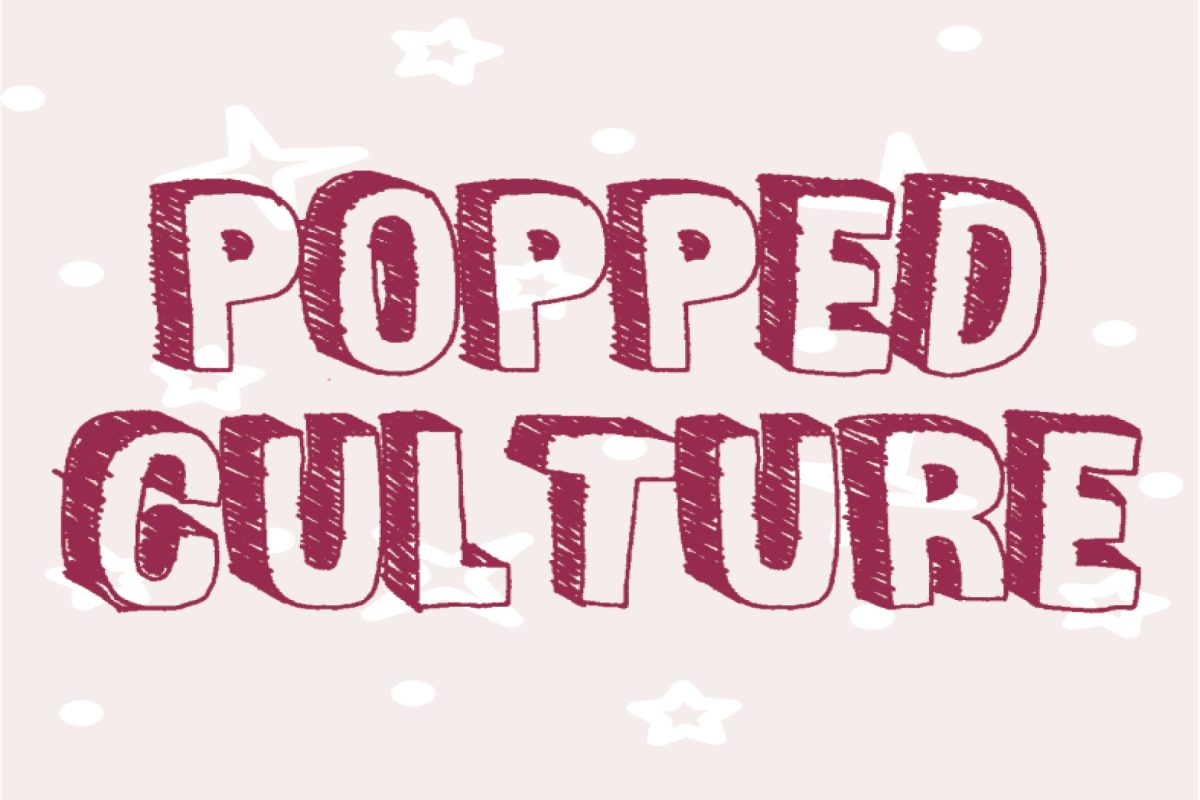I must admit, despite being a 20-year-old New York liberal, I still haven’t chosen a side in the “separate the art from the artist” argument. Taking a side seems pointless, as the idea that the art and the artist are mutually exclusive is equally as foolish as thinking that art can be used as a moral litmus test. However, this doesn’t mean that the discussion should be avoided — particularly around the legacy of sexism in one of film’s most iconic characters, James Bond.
I say “James Bond” and not “the James Bond movies” because unfortunately, Bond as a character was pretty plainly a misogynist from the very beginning. For me, this has soured my interpretation of the character’s origin. It is certainly no accident that early Bond’s philosophy towards women is in the ballpark of the Donald Trump Access Hollywood Tape. Sexism in the James Bond series is unfortunately just as iconic as Bond’s vodka martini order.
I really like James Bond, so this is all coming from someone who is a fan of the character. I’ve seen all the movies and when I was 11 or 12 years old, I even read a few of Ian Fleming’s books. Almost everything about Bond, from his confidence and charm to the villains that he faces is just so cool to me. However, until a few weeks ago, the series has had a stubborn commitment to relegating Bond girls to playing a damsel in distress, a doormat for Bond to force himself on or some version of a femme fatale archetype.
“Goldfinger” was my first Bond movie. For many people, it would understandably be their last. The film features a horrific scene at the end where Bond — who at the time of the film’s 1964 release was played by Sean Connery — forces himself on a woman in a barn. Bond pins her on the floor and forces her to kiss him, despite obvious verbal and visual cues that she wants him off her. Her name? Pussy Galore.
The first time I watched “Goldfinger” with my dad, I was a preteen. However, it was also his first time since his childhood when he last saw the movie. Having forgotten about the barn scene but seeing where it was going, he got up and skipped the scene. I thanked him for doing that recently. When I revisited “Goldfinger” years later, the scene disturbed me, as I hope it would for anybody reading this.
Daniel Craig’s version of James Bond was the first to portray Bond as someone who was influenced by the women that surround him. Vesper’s death at the end of “Casino Royale” devastated Bond and forever changed him throughout all the movies that followed. However, Bond is still pretty sexist — in “Skyfall” he sleeps with a woman who had been sex trafficked and in “Spectre” he sleeps with a widow whose husband he killed just days before. I know, it’s really bad. However, the bigotry of Craig’s Bond towards women was depicted as a flaw of Bond’s character, rather than an admirable personality trait.
Whether it was actual remorse or the studio wanting to cover its tracks, “No Time to Die” is the first film in the series in which Bond changes this part of himself for the better. He becomes a father, shamelessly tells Madeleine that he loves her and fights alongside women in most of the film’s action sequences, which, by the way, are awesome.
I probably won’t stop liking James Bond anytime soon, but my experience has certainly worsened. Luckily, I am not alone in this deliberation. Whether or not the series should be defined by the sexism that has polluted its legacy is not exactly for me to pass judgment on — I’m not the demographic of people on the receiving end of the misogyny Bond expresses. I think the best path forward is letting the women who have defined the series’ past and present determine its future.





